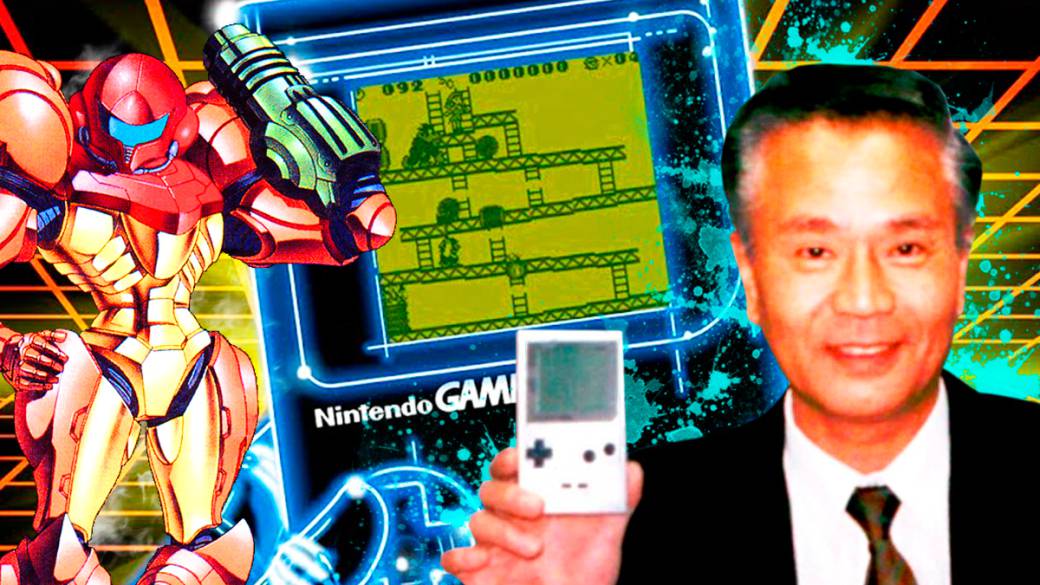
We review the trajectory of Gunpei Yokoi, one of the pillars of Nintendo during the last decades of the 20th century and creator of such hits as Game & Watch, Game Boy and Metroid.
Throughout the history of Nintendo, many have been the people who have stood out for their contribution, as developers, to the company. Shigeru Miyamoto, Eiji Aonuma, Takashi Tezuka, Satoshi Tajiri, Koji Kondo … But very few have become a fundamental pillar of the Big N as Gunpei Yokoi became, the main culprit for the company to continue today. immersed in the development of consoles and video games, but also other products close to toys, as soon as LEGO Super Mario will be. We pay tribute to the work of this Japanese developer who worked for Nintendo most of his life.
From technician to developer
Born in Kyoto, Japan, in 1941, Gunpei Yokoi studied electronics at Doshisha University, until, afterwards and after numerous interviews, he got his first job as a maintenance technician at Nintendo. However, it is the years prior to joining the company that would determine the future of the Japanese developer.
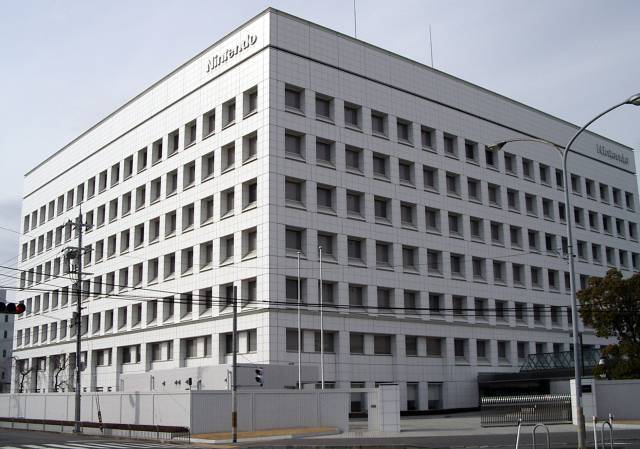
As Florent Gorges collected in his second volume of The Nintendo Story, from a young age, Gunpei Yokoi’s relatives considered him a DIY genius. In fact, being just a child, he used utensils of all kinds, such as, for example, cooking, to make toys that, later, both his schoolmates and his friends and neighbors also enjoyed. Such was the success of his creations that even a famous Japanese magazine dedicated a report to him in one of his issues. All that torrent of creativity and imagination was what made Gunpei Yokoi win a position that would be key in the Big N, in the mid-sixties.
The beginning of a successful career
Working for Nintendo as technical manager of the maintenance part, Gunpei Yokoi accumulated a large amount of useless material after checking the machinery daily. Back then, Big N was not a very large company, so Yokoi finished her maintenance soon, giving her time to create toys, during the rest of the shift, with the remains she got. One day, Hiroshi Yamauchi, Nintendo’s third president, entered his workshop and discovered what the then-technician was doing. Far from scolding or firing him, Yamauchi showed interest in its creation, as he saw a business opportunity, and decided to market it on a large scale.
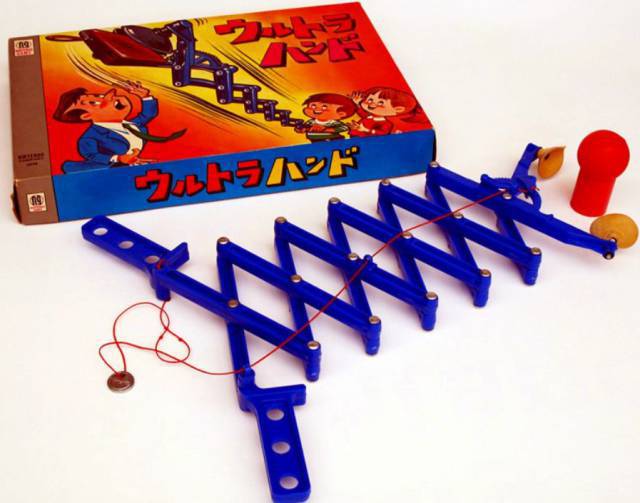
It was the Ultra Hand, a plastic toy that served as an extendable hand to reach objects located at a distance. After selling more than a million units among all its versions, Nintendo decided to embark on the toy market while maintaining the market for hanafuda cards. After 1966, the year the Ultra Hand went on sale, Gunpei Yokoi created a large number of toys, such as the Ultra Machine, the Ultra Scope, the Love Tester, and the Kosenju SP series light guns, which were filled the company in the toy market. It should be remembered that Nintendo also tried, with more or less success, to create instant rice, photocopiers or board games, among other products. Whenever there was an opportunity to do business in a market, the Big N was willing to do it. It was precisely this initiative that led the company to its next great success.
The Game & Watch revolution
When we least expect it, inspiration strikes us. This would summarize what happened to Gunpei Yokoi one day while traveling by train. During the course of this trip, the Japanese creative observed a man who was sitting near him, and who was playing with a kind of calculator, which gave him the idea of creating a small game machine. Although it was finally another coincidence that led to the birth of Game & Watch. Despite being the director of the Research and Development Department, one day, they asked him to drive Yamauchi, a moment that Yokoi took advantage of to comment on the idea he had had after that train trip: the creation of small games. A short time later, the president of Nintendo and a representative of a major manufacturer of calculator screens appeared in his office to give the green light to his idea.
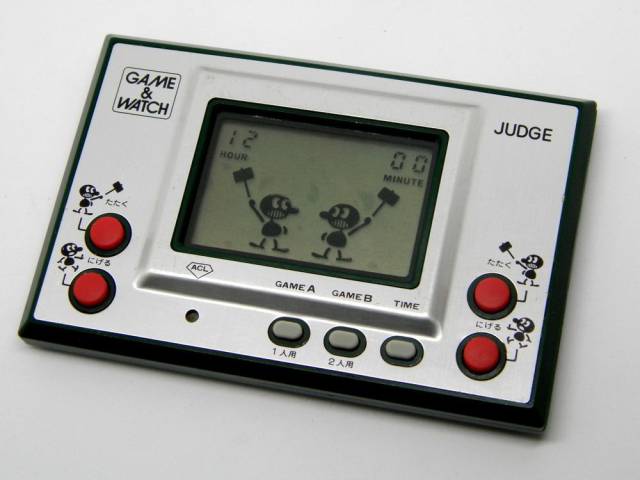
During the 1980s, a total of 59 different Game & Watch were produced. To the surprise of the company, as they initially created these machines with an adult audience in mind, the launch of the first one in 1980 caused a sensation among Japanese children, motivating it to quickly create both more units and new models in The next years. Thus, these small machines, which included a single game, clock and alarm, became popular, creating and consolidating a market for portable consoles that, given their increasing demand, led to the birth of one of the most successful video game consoles in history. .
Game Boy: a before and an after
“It was difficult to make Nintendo understand (the need to use a monochrome screen). In part, I used my status at the company to get it. After launching Game Boy, a worker on my team said to me with a discouraging expression: “There is a new portable console on the market similar to ours …” The first thing I asked was: ‘Does it have a color or monochrome screen?’ He told me it was colored and I replied, “Then everything is fine,” Gunpei Yokoi said in an interview published by Shmulaptions.
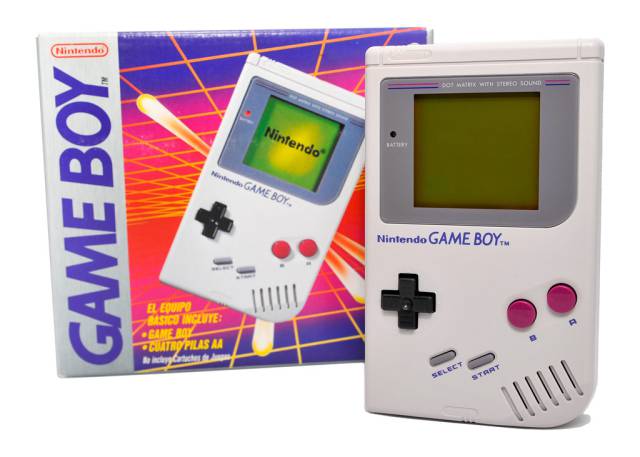
It is very striking that the Japanese creative was so calm to see that the competition was launching more powerful and better-performing portable consoles to the market than Nintendo’s, although he had a good reason to be: his was efficient. “While we were designing the Game Boy hardware, we were considering the type of software that was going to be created for the console, and I think we got a very efficient product. Hardware design is not about creating the most powerful you can, ”he explained in the same interview.
In addition to the catalog of games and the price, the efficiency of the Game Boy was another of the reasons that determined the decline of its competitors, since it had a range of around thirty hours of gameplay on batteries, while those of the other consoles did not exceed ten o’clock. All of the above, in addition to the launch of Tetris, a game that was reaping great success at that time, caused Game Boy, including its different variants and revisions, Light, SP and Color, to be, currently, the third best-selling console in the history, with almost 120 million units. Without a doubt, Gunpei Yokoi was a visionary, although that does not mean that he could not make mistakes, as we will see later.
Metroid, Kid Icarus and Gunpei Yokoi’s relationship with video games
With the creation of the Game & Watch, Gunpei Yokoi began his career as a video game developer. During the 1980s, he was the designer of both the aforementioned machines and the R.O.B peripheral and the Zapper pistol, both created for NES. However, his work from 1986 changed with the birth of the Metroid saga.
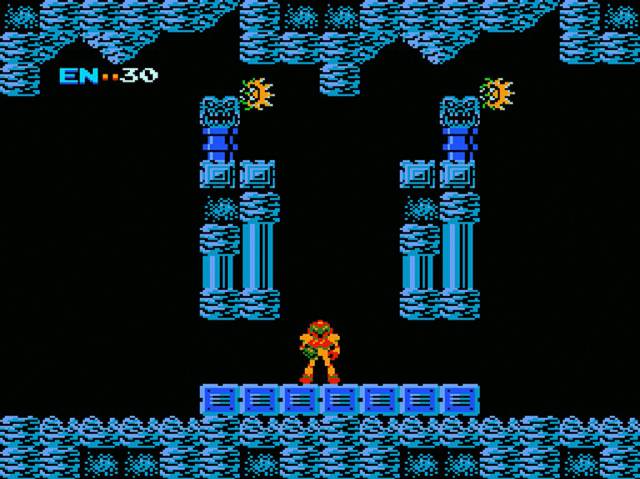
The famous game saga starring Samus Aran was devised by Makoto Kano e and Hiroji Kiyotake, but directed by Gunpei Yokoi. That the Japanese developer was involved in the creation of the game was not a coincidence, since it was the department that he directed, created just when Nintendo got fully into the video game industry, that started the project. It should be noted that this department, called R & D1, Research & Development 1 in English, included creatives such as Shigeru Miyamoto, and produced games that marked a before and after for the company, such as Donkey Kong or Mario Bros.
In this way, from 1986, Gunpei Yokoi became a producer within the department, helping in the development of sagas, such as the aforementioned Metroid, Kid Icarus, Fire Emblem and Super Mario Land, among others. The same interview that we mentioned earlier also includes interesting statements about what a video game was for the Japanese developer and the direction the industry was taking.
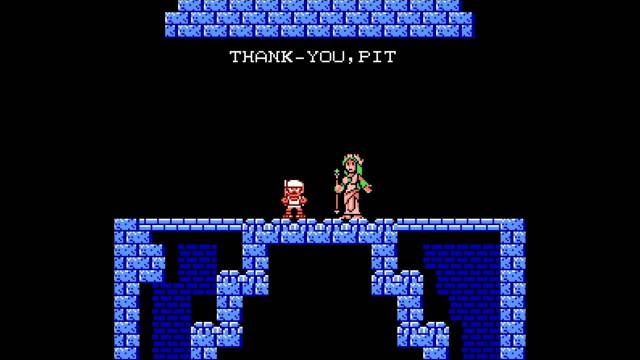
“There is a wide variety of video game consoles now, but for me, the vast majority of them don’t have ‘games.’ The word game means something like it’s competitive, where you can win or you can lose. When I look at the most recent games, I see that this quality practically disappears and I also see that more and more of those games want to offer you a story or movie experience. This is most noticeable with RPG games, where the gaming part as such is not the main thing, and I feel like the developers really just want you to experience the story they’ve written. So if you ask me what I think about games now, I think it is a difficult question for me because I end up saying that current games are not games for me, ”said Yokoi in the interview.
The last stage
As we have anticipated, Gunpei Yokoi’s career was not only full of success. He also had some setbacks than others, the creation of Virtual Boy being the most controversial and notable. Without a doubt, the Japanese developer was a man ahead of his time, knowing how to see the potential of 3D hardware and software. However, it was not the right time: the technology available back then was not ready for it.
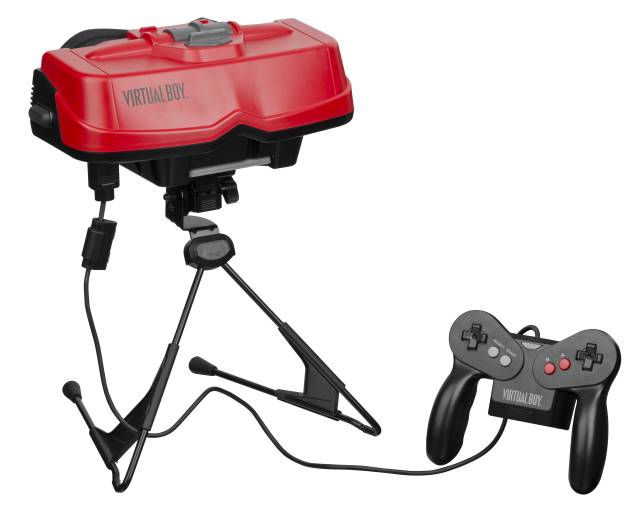
The Gunpei Yokoi-designed device went on sale in mid-1995 and consisted of monochromatic helmets, supported by a base, and a controller. Although its design was avant-garde, it caused problems of all kinds, including discomfort related to the eyes and back. The above, together with a high price and the limited catalog of games that it had at its launch, caused its success to be rather low and that Nintendo removed it from the market soon.
About a year later, Yokoi resigned and quit working for Nintendo. His departure from the company has been one of the most talked about in recent years within the industry, as there were those who were sure that the Japanese developer left his job in the Big N due to the failure of Virtual Boy. However, a few years ago, an article came out that he wrote himself explaining the real reasons why he left the company.
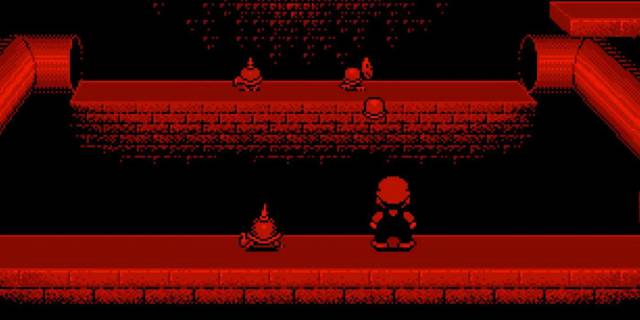
“After more than thirty years, I left Nintendo. After graduating from university, I was at Nintendo working in a toy store, but at the time I was 55 I thought about working in a type of job that would allow me even more freedom with my Ideas The day before I retired (from Nintendo), TheNikkei did a great show about me. […] Actually, I didn’t give up taking responsibility for the failure of the Virtual Boy. Since before then, I had been thinking that when I turned 55, I wanted to have more work independence. To put it another way, many ideas occurred to me and I kept making toys. Continue to tweak Nintendo’s corporate philosophy of ‘niche toys’ – that’s the only reason I quit, “he explained in the article.
Gunpei Yokoi could not explain why he really left the company on his own since, the following year, specifically on October 4, 1997, he was run over. Before his death, after leaving Nintendo, he worked on the development of the WonderSwan handheld console. Be that as it may, Yokoi’s work was key to the development of the company, including that of the video game industry. Perhaps without him and without his talent, we would not have known portable consoles as we know them now. Neither Metroid nor Kid Icarus, like toys. Gunpei Yokoi, despite his mistakes, changed the lives of millions of people.

